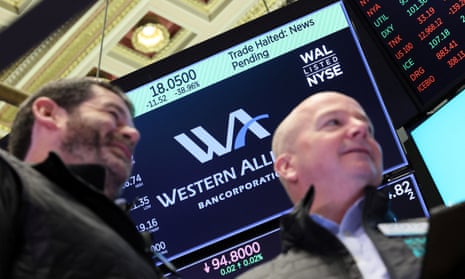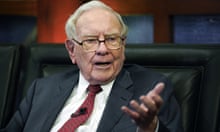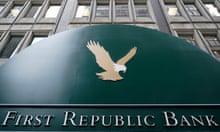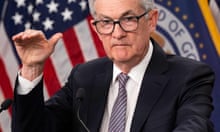Shares in two more US regional banks have been suspended. Regulators moved in to halt trading in Los Angeles-based PacWest and Arizona’s Western Alliance on Thursday after they became the latest victims of an escalating crisis that began with Silicon Valley Bank in March.
The message from central banks and bank supervisors is that this is not a rerun of the global financial crisis of 2008. That may be true. With the exception of Switzerland’s Credit Suisse, European banks have escaped the turmoil. It is specific US banks that are the problem.
There are a number of reasons for that: the business models of the banks concerned; failures of regulation; the large number of small and mid-sized banks in the US; and the rapid increase in interest rates from the country’s central bank, the Federal Reserve.
Luis de Guindos, vice-president of the European Central Bank (ECB), remarked on Thursday that “the European banking industry has been clearly outperforming the American one”. Although he will be praying his words do not come back to haunt him, he is broadly right. European banks, including those in the UK, do look more secure than those in the US – primarily because they tend to be bigger and more tightly regulated.
Despite being the 16th biggest bank in the US, Silicon Valley Bank was not considered systemically important and so was less stringently regulated than institutions viewed by federal regulators to be more pivotal. Many of its customers were not covered by deposit insurance and were heavily exposed to losses on US Treasury bonds as interest rates rose. The other banks that failed subsequently have tended to share many of the same characteristics: they were regionally based and are vulnerable to rising borrowing costs.
Unless the Fed rides to the rescue with cuts in interest rates, the options are: amalgamation, regulation or more banks going bust. The response of the US authorities suggests little appetite for a laissez-faire approach.
According to official data, the US has more than 4,000 banks – an average of 80 for each of the 50 states. The number has fallen by more than two-thirds since the peak of more than 14,000 in the early 1980s, but there is certainly room for greater consolidation. In an age of instant internet bank runs, customers will be attracted to the idea that big is beautiful.
The US authorities certainly do not seem averse to further amalgamation. When First Republic ran into trouble, it was seized by the Federal Deposit Insurance Corporation and its deposits and assets were sold to one of the giants of US banking – JP Morgan Chase. Inevitably, there will be more takeovers and fire sales of assets as alternatives to bank failures. It is reasonable to assume that in 10 years’ time the number of US banks will be considerably smaller than it is today.
after newsletter promotion
What’s more, the banks that remain – including those that are not taken over – are likely to be more tightly regulated and more closely supervised. Even if the Fed, the ECB and the Bank of England are right and a repeat of the global financial crisis has been averted, lessons are already being learned.








